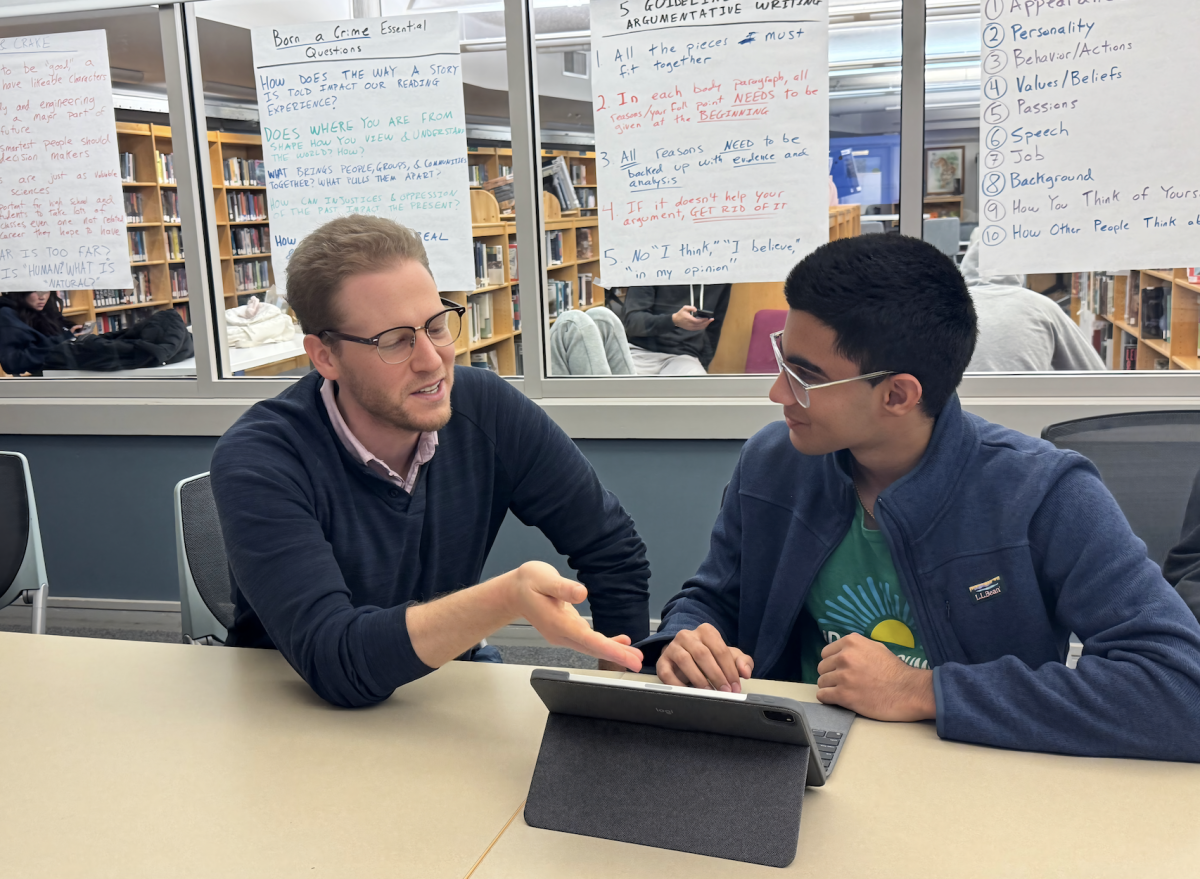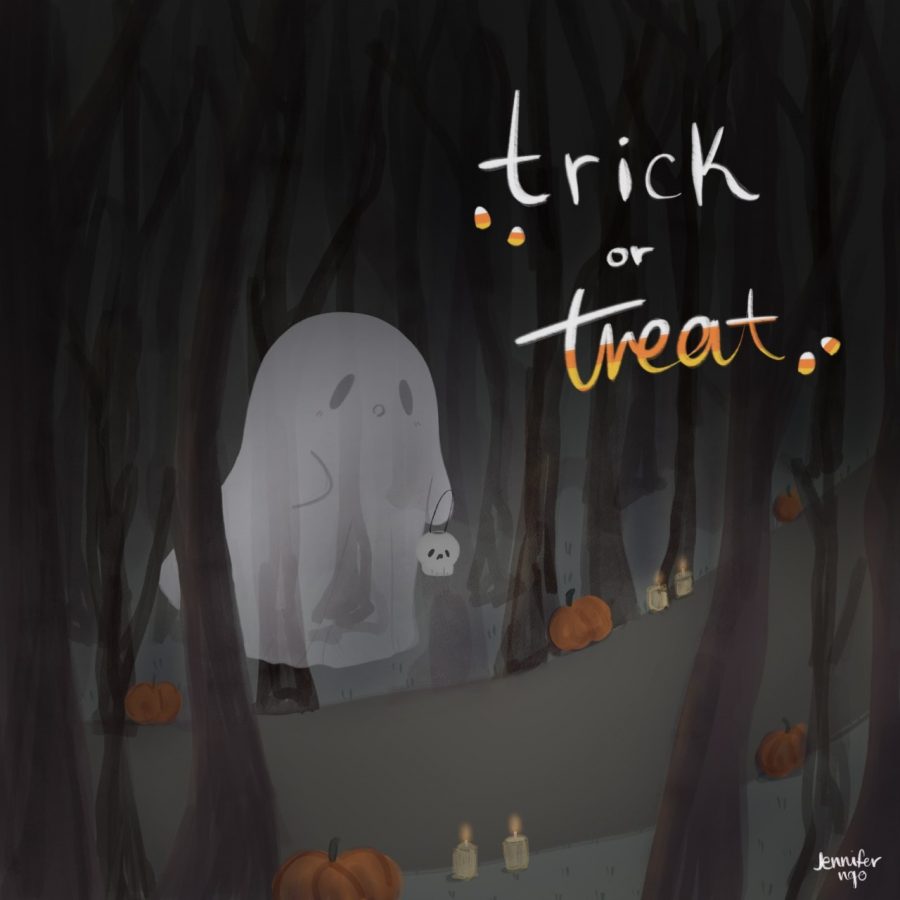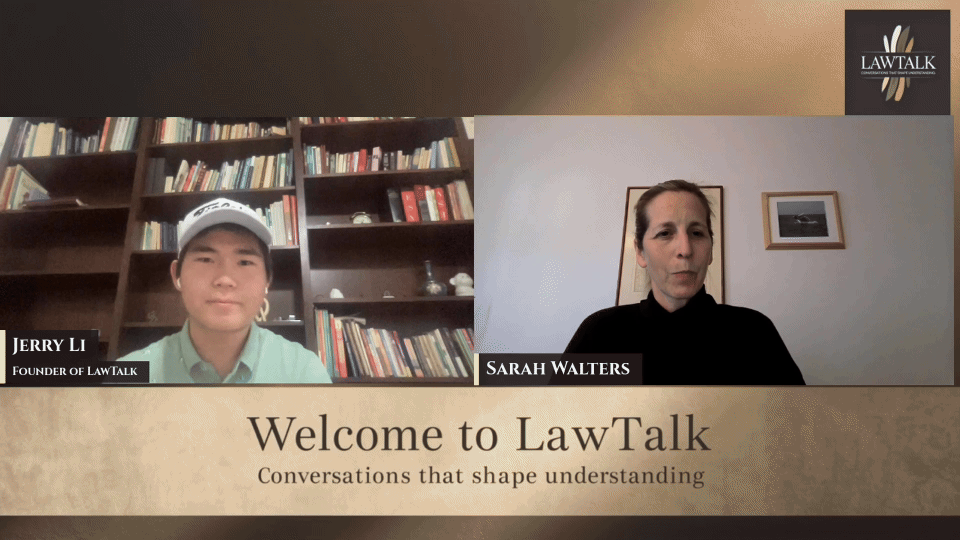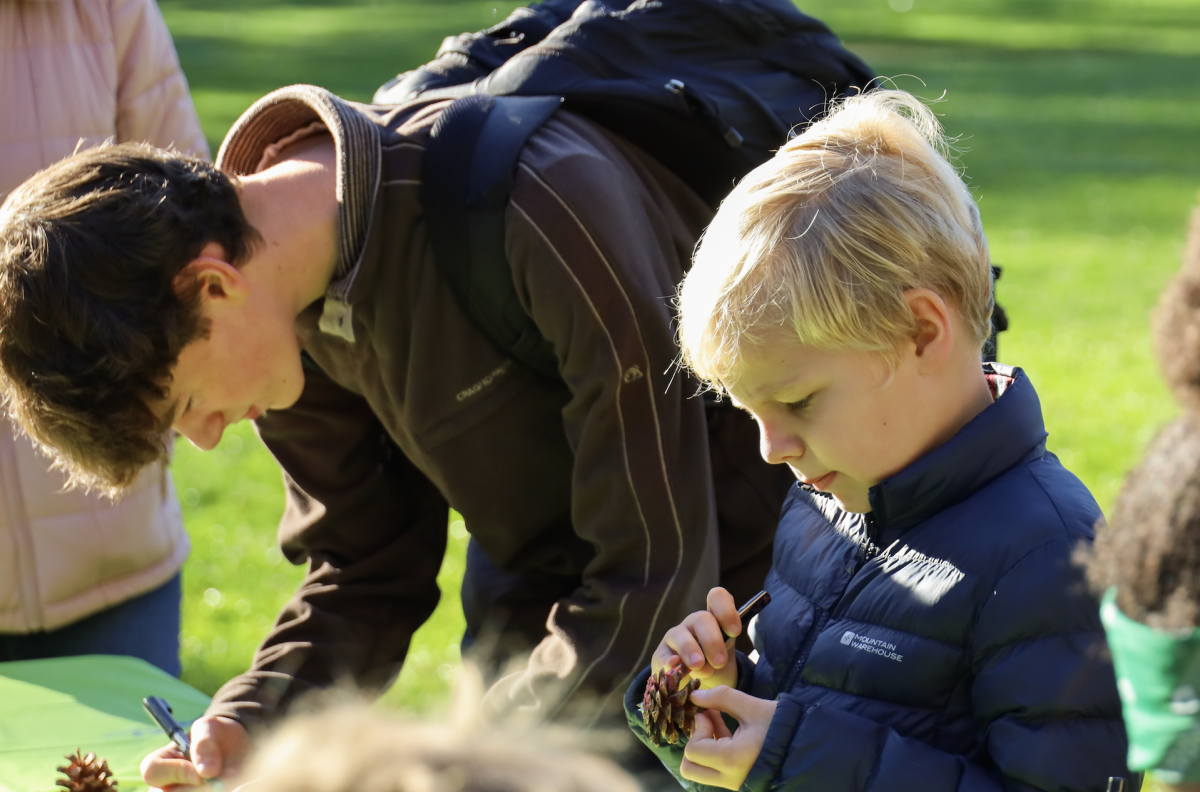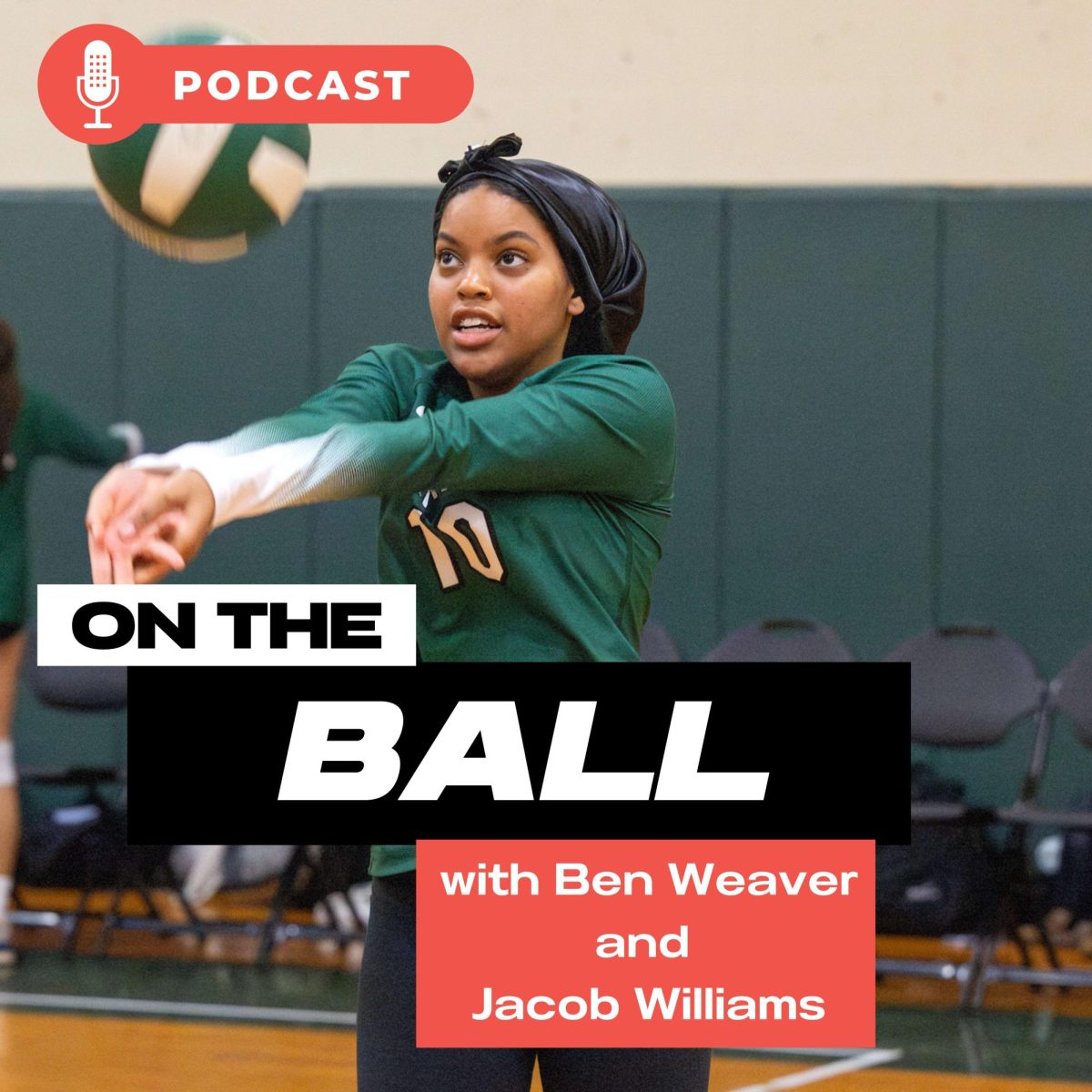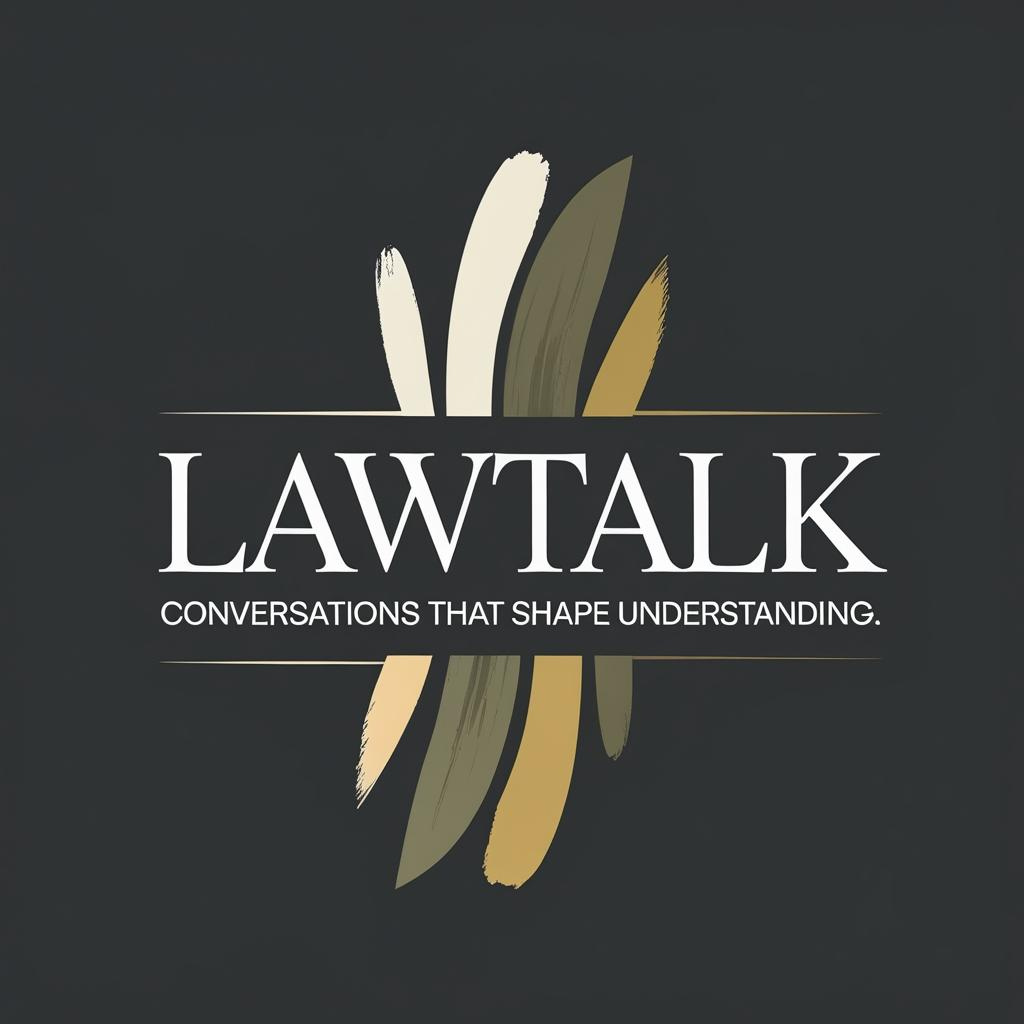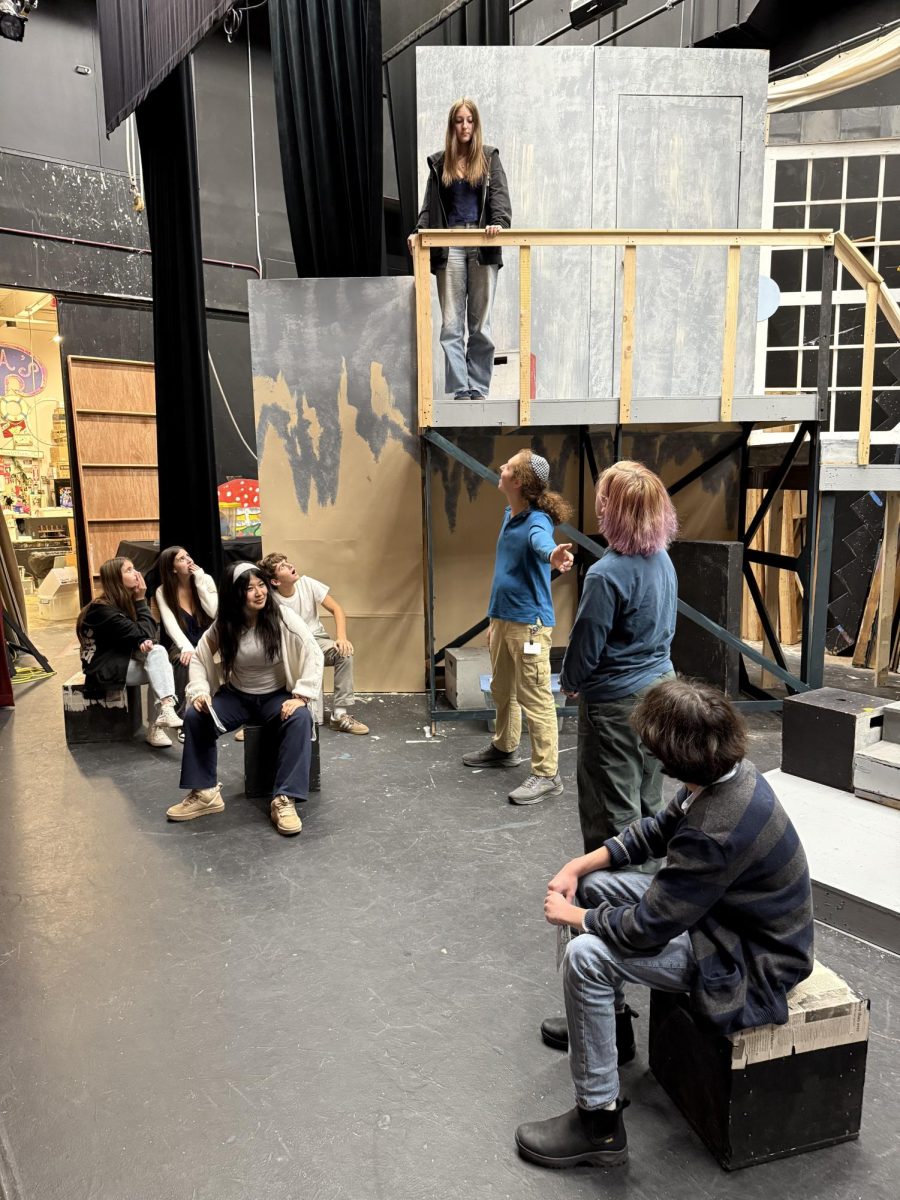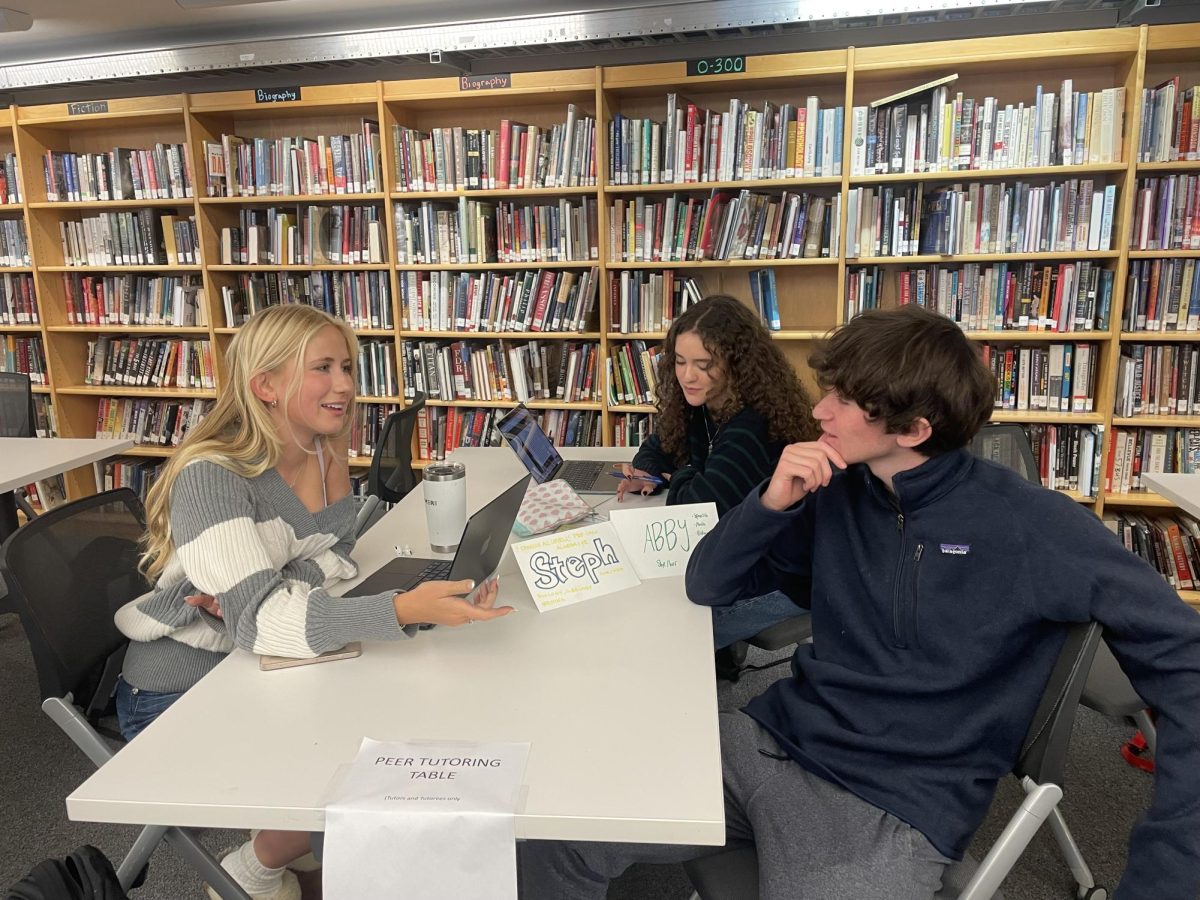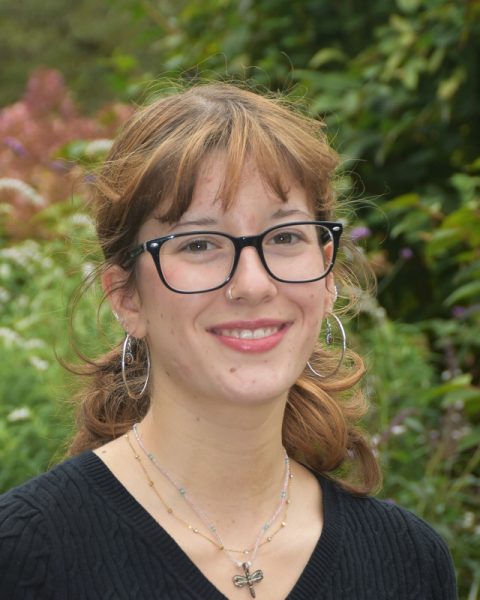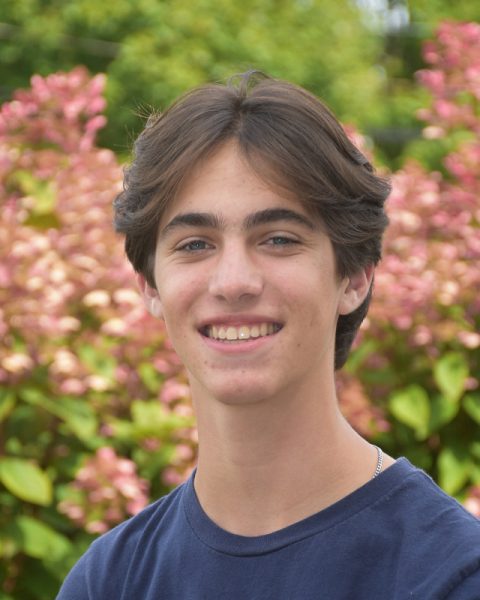After several years of inconsistency in the Peer Tutoring Program, Eli Lewis ’25 and Conno Wagner ’25 collaborated over the summer to orchestrate a successful relaunch, complete with 23 volunteers.
According to Math Lab Instructor Stan Szwartz, the program had not been fully operational in recent years, mostly due to limiting factors like COVID-19.
“Eli and I have been going to this school for a long time and we wanted to give back to the community,” Wagner said. “We figured that this was a good way to help others.”
Wagner and Lewis agree that the peer tutoring program will benefit the Upper and Middle School communities. To apply to become a peer tutor, one must maintain a B+ average in each class, be in 10th grade or above, and complete an application form.
“Having a resource available to utilize as frequently as needed will aid students in progressing more quickly and efficiently through their workload,” Wagner said. ‘When I look around in the library, I see a lot of people struggling with their work. If someone can just sit down with them and explain and offer good morale, it will positively benefit lots of people in the community.”
Students seeking peer tutors only need to reach out to Middle School Learning Center Director Andrew Beal or Upper School Director of Academic Services Karen Bernanke to schedule their tutor sessions. They can also visit the library for immediate help, or view online to see who is available to help in a particular subject.
For example, Lewis believes that the program will foster connection between younger students and older students. He also said that younger students will benefit from the guidance of a peer tutor.
“A big thing, as someone who does struggle with focusing, is that if I’m by myself I can easily get off track,” Lewis said. “But if someone is actively sitting there and asking what problem I’m on, I will feel accountable to them and stay focused. Also, I do math better when I do it with another student because it kind of checks you when you’re thinking illogically.”
In addition, students can reach out to teachers if they want extra help, and a tutoring block will be arranged for them.
However, with every new innovative program challenges will arise. Lewis enjoys the problem-solving aspect of innovation.
“There is a distinction between a problem and a challenge,” Lewis said.
Both students are concerned that tutors are making a commitment that they cannot handle, and are only incentivized by the community service hours.
“The system relies a lot on the tutors to manage their schedules, which makes it very adaptable and flexible,” Wagner said. “But people can take advantage of the system and not show up.”
Wagner and Lewis are placing an enormous amount of trust in the tutors to uphold the School’s core values, and to take this responsibility seriously.
“Eli and I have been working tirelessly to build schedules and make sure everybody is available at certain times,” Wagner said. “We ended up getting 23 people to sign up, including Eli and I, but the issue with getting that number was getting people to devote an hour of a free block to help other people instead of doing their work.”
Lewis could have created the program by himself, but he felt that he was lacking certain traits that his close friend, Wagner, possesses.
“Me and Conno work well together because Conno is good at speaking and reaching out to people, and I’m better at the logistics,” Lewis said. “We compliment each other.”
Wagner and Lewis both have high hopes for the peer tutoring program and are looking forward to it kicking off next week.

